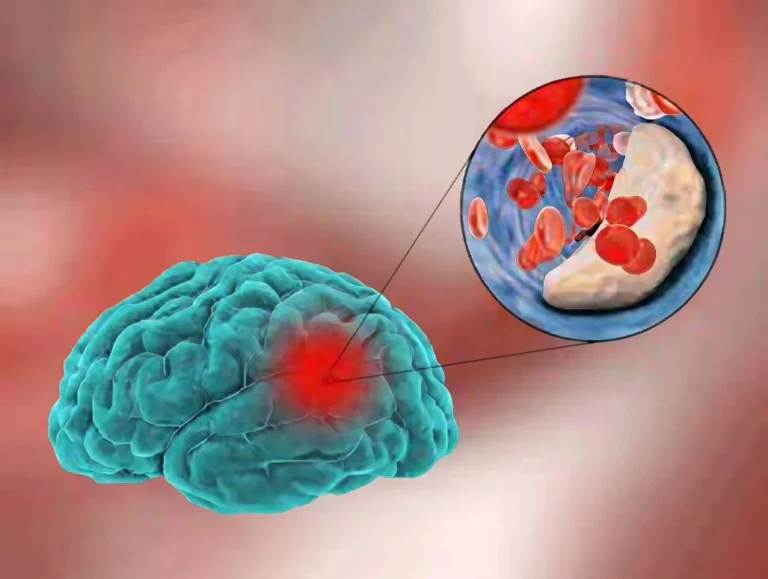
The Menarini Group, a global leader in pharmaceuticals and diagnostics, along with its subsidiary Stemline Therapeutics, will present new and expanded data on ORSERDU® (elacestrant) at the 2024 San Antonio Breast Cancer Symposium (SABCS), held December 10-13, 2024. The company will showcase real-world progression-free survival (rwPFS) data for ORSERDU in adult patients with ER+/HER2- advanced or metastatic breast cancer (mBC). Additionally, updated efficacy results for elacestrant combined with abemaciclib, as well as a pooled safety analysis from the Phase 1b/2 ELECTRA and ELEVATE trials, will be presented.
Menarini Group and its subsidiary, Stemline Therapeutics, will present new data on ORSERDU® (elacestrant) at the 2024 San Antonio Breast Cancer Symposium (SABCS) from December 10-13, 2024. The data will include real-world progression-free survival (rwPFS) results for ORSERDU in patients with ER+/HER2- advanced or metastatic breast cancer (mBC). Additionally, updated efficacy data from the elacestrant and abemaciclib combination study, along with pooled safety data from the ELECTRA and ELEVATE trials, will also be presented.
ORSERDU Real-World Progression-Free Survival Data
ORSERDU, the first oral estrogen receptor antagonist (SERD) approved to target ESR1-mutated tumors, is used in patients with ER+/HER2- mBC, particularly those who have previously undergone endocrine therapy. Data presented at SABCS will show that the median rwPFS for the overall patient population was 6.8 months. For patients with 1-2 prior lines of endocrine therapy, median rwPFS was 8 months. These findings reinforce ORSERDU’s potential in real-world settings, with results consistent across patient subgroups.
“ORSERDU monotherapy has shown clinically meaningful progression-free survival in real-world settings,” said Dr. Virginia Kaklamani, a leading oncologist. “These results highlight the importance of testing for ESR1 mutations to better tailor treatment and improve patient outcomes.”
Elacestrant Plus Abemaciclib Combination Study
The ELEVATE and ELECTRA phase 1b/2 studies have focused on overcoming endocrine therapy resistance in mBC with combination treatments. Updated data from the ELECTRA trial, presented at SABCS, revealed that median progression-free survival (PFS) for all efficacy-evaluable patients was 8.6 months. Patients with ESR1 mutations had an mPFS of 8.7 months, while those without ESR1 mutations had an mPFS of 7.2 months.
Safety data pooled from the ELECTRA and ELEVATE trials showed that the combination of elacestrant and abemaciclib had a manageable safety profile, with no Grade 4 adverse events. Common adverse events (AEs) included diarrhea, nausea, neutropenia, and fatigue.
“Continued promising results from the combination of elacestrant and abemaciclib demonstrate favorable progression-free survival and a well-tolerated safety profile,” said Dr. Hope S. Rugo, a professor of medicine at UCSF. “Elacestrant has the potential to become an endocrine therapy backbone in metastatic breast cancer.”
Menarini Stemline’s Ongoing Commitment to Elacestrant Research
Elcin Barker Ergun, CEO of Menarini Group, expressed excitement about the potential of ORSERDU, stating, “These progression-free survival outcomes in real-world settings demonstrate that ORSERDU provides a meaningful benefit to oncologists and their patients. We are committed to advancing research to unlock its full potential.”
Menarini Stemline will also share additional data from the Phase 3 EMERALD trial and other ongoing studies.
Key Abstracts to Be Presented at SABCS:
- Real-World PFS with Elacestrant in ER+/HER2- Advanced Breast Cancer (P3-10-08)
Thursday, December 12, 12-2 PM CST - Elacestrant + Abemaciclib in ER+/HER2- mBC (PS7-07)
Thursday, December 12, 7-8:30 AM CST - Update from the ELEVATE Study (PS7-06)
Thursday, December 12, 7-8:30 AM CST - ESR1 Mutation and Clinical Activity from EMERALD Trial (P1-01-25)
Wednesday, December 11, 12-2 PM CST
Additional abstracts will explore ongoing trials like ADELA, ELEGANT, and ELCIN, focusing on elacestrant’s role in both early and advanced stages of breast cancer.
About Elacestrant
Elacestrant is an investigational therapy being studied in multiple clinical trials for the treatment of ER+/HER2- breast cancer, both in metastatic and early-stage settings. Current trials include combination therapies with agents like alpelisib, everolimus, and CDK4/6 inhibitors. Menarini Group remains focused on advancing its clinical development program to maximize the potential of elacestrant in improving patient outcomes across diverse breast cancer populations.




